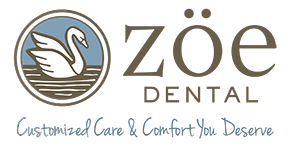
To Our Zöe Dental Family,
We have been open for emergency procedures during the Stay Home/Stay Safe order for the COVID-19 pandemic, and we will be re-opening our office for all other dental procedures starting May 11, 2020. We have created new safety measures and precautions as patients return to our office to keep you and our team safe. For those of you who have had previous appointments postponed due to the Stay Home/Stay Safe order, one of our team members will reach out to you to reschedule your appointment. We appreciate your understanding and patience as we implement the new safety guidelines and recommendations and any schedule changes that may occur because of them. Please view our safety and precautions video and other COVID-19 information that we have provided below for your information. Look forward to seeing you all soon!
Sincerely,
Dr. Stamatiades


Going to the Dentist During COVID-19
Coronavirus Recommendations from the Dentist:
In the midst of Coronavirus spreading, we Zoe Dental have been monitoring this situation very closely as it pertains to patients dental health and overall health. As health care providers during a pandemic, we will continue with the relief of pain and management of infection with our patients in order to keep them out of hospitals and emergency departments.
As the spread of COVID-19 continues, we have received several questions from our patients:
Yes, as the Stay at Home Mandate has been lifted, we are open for ALL procedures. We do have new protocols for scheduling appointments and processes within the office. Please see our video how we are keeping our patients safe.
Remember, social distancing is key to controlling the spread of Coronavirus. Also, the key to your optimal health is to make sure you don’t end up with dental infections. As someone who has first-hand experience of seeing patients suffer due to letting infections play out, we suggest all our patients visit the dentist before they experience pain, swelling or discomfort.
- Wisdom tooth pain/ infection (your mouth might not open fully or you may experience a bad taste in your mouth)
- Root Canal Treatment (RCT) to treat pain.
- Severe, throbbing pain in your jaw.
- Infection of the face with intra-oral or extra-oral swelling
- Trauma to the teeth or jaw.
- Severe dental pain from pulpal inflammation.
- Pericoronitis or third-molar pain (gum inflammation around wisdom teeth).
- Dry Socket/ post-extraction pain and inflammation
- Abscess or localized bacterial infection resulting in localized pain and swelling.
- Tooth fracture resulting in pain or causing soft tissue trauma.
- Dental trauma with loose teeth/ tooth loss.
- Dental restoration/ crown cementation if the temporary crown is lost, broken or causing gingival irritation.
- Extensive caries or defective restorations causing pain.
Denture adjustments or repairs when function impeded. - Replacing temporary filling on RCT access openings in patients experiencing pain.
- Appliances piercing or ulcerating oral mucosa.
SCHEDULE AN APPOINTMENT IF YOU HAVE A TOOTH ACHE/DENTAL INFECTION

Oral Hygiene During COVID-19
Is Oral hygiene necessary to fight Coronavirus?
The oral cavity is a potentially high risk for Coronavirus and the virus has a high infectious susceptibility to oral epithelial cells. Coronavirus infects cells below the voice box, in the airways, and deep in the lungs, unlike flu viruses which start with your nose and throat. Other than via tiny particles inhaled in air, coronavirus reaches those cells via fluid in the nose or throat that sneaks past your voice box (this is called aspiration) and slides down your windpipe, or trachea. Keeping your mouth and throat clear of infectious pathogens throughout the day and before you sleep at night (when most aspiration usually occurs) is paramount right now.
Oral Hygiene
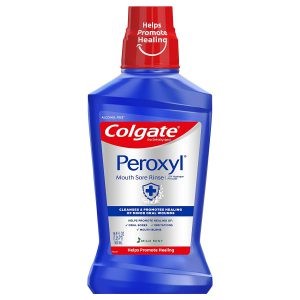
Brush and floss your teeth, swish and spit, and gargle twice with an antiseptic mouthwash. Since 2019-nCoV is vulnerable to oxidation, a mouth rinse containing oxidative agents such as 1% hydrogen peroxide or 0.2% povidone is recommended.
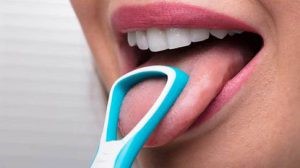
Tongue cleaning may play an important role, as it has been reported that ACE2 is the main host cell receptor of 2019-nCoV and plays a crucial role in entry of virus into the cell to cause final infection. As recent studies show there is a high expression of ACE2 receptors (highly enriched) in epithelial cells of the tongue.
GENERAL Hygiene
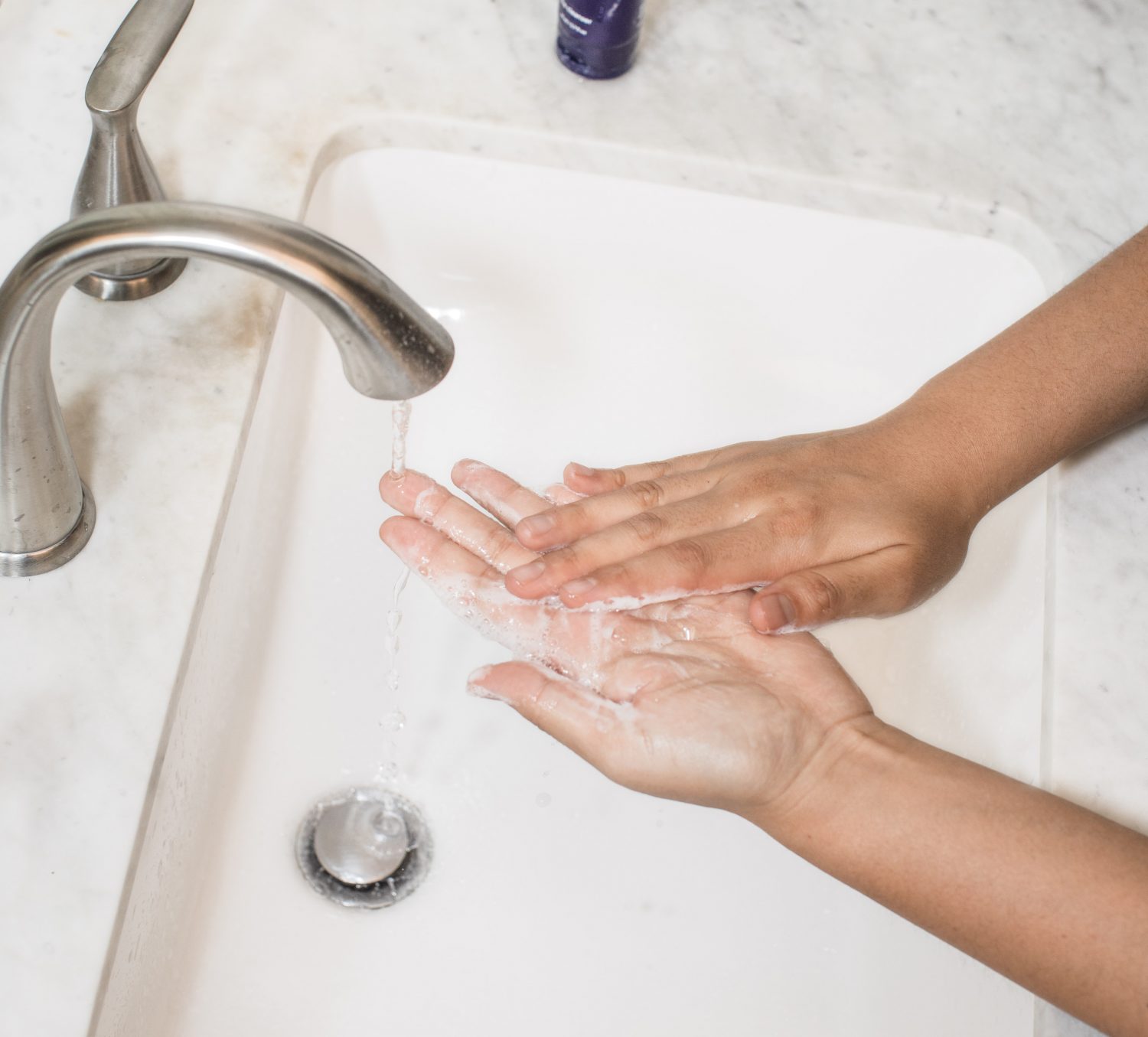
- Stop touching your face. The eyes, nose and mouth, all are entry portals for the new coronavirus and many other germs. Wash your hands and face well with soap and warm water, including — on a finger — a quarter-inch into each nostril. Then gently blow your nose. DON’T use those irrigating devices, like neti-pots, that might force viruses further inside! Soap helps lift germs from the surface of the skin, but it’s the scrubbing that gets germs off hands. Hand sanitizer is a good alternative, but it must have at least 60 percent alcohol to be effective, according to the CDC.
- Practice social distancing by standing 6-feet away from others even when outside, wear a mask when possible, and avoid indoor close gatherings of people.

These Patients Have a Whole New Perspective on the Dentist

Ingles Tools for School

Manna Foodbank

ICOI

Elida Homes
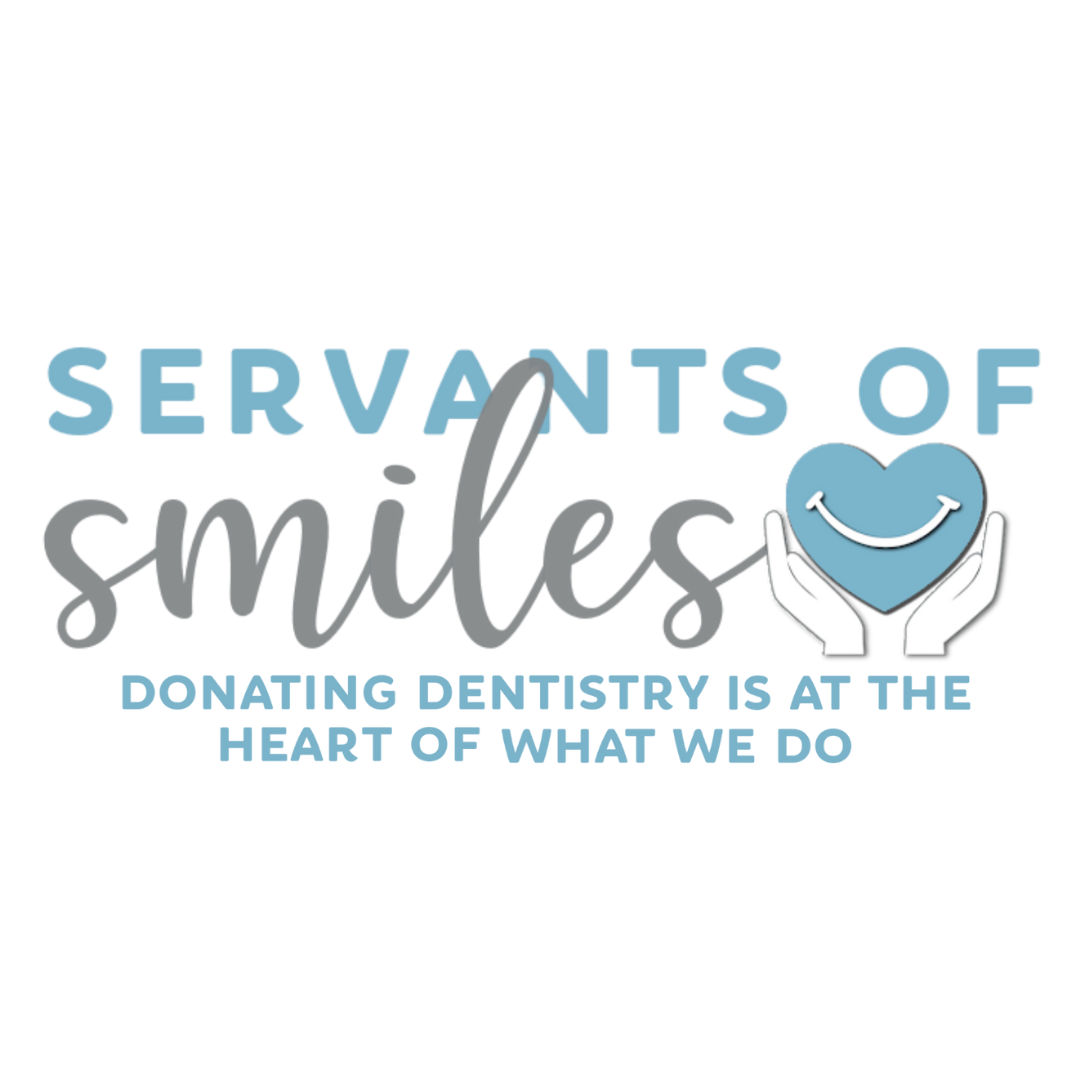
Servants of Smiles

AAUW

NCDA
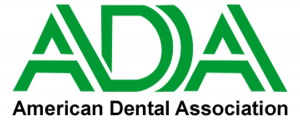
ADA

Academy of General Dentistry
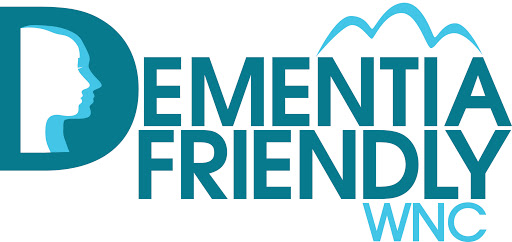
Dementia Friendly

Best Employers 2023
